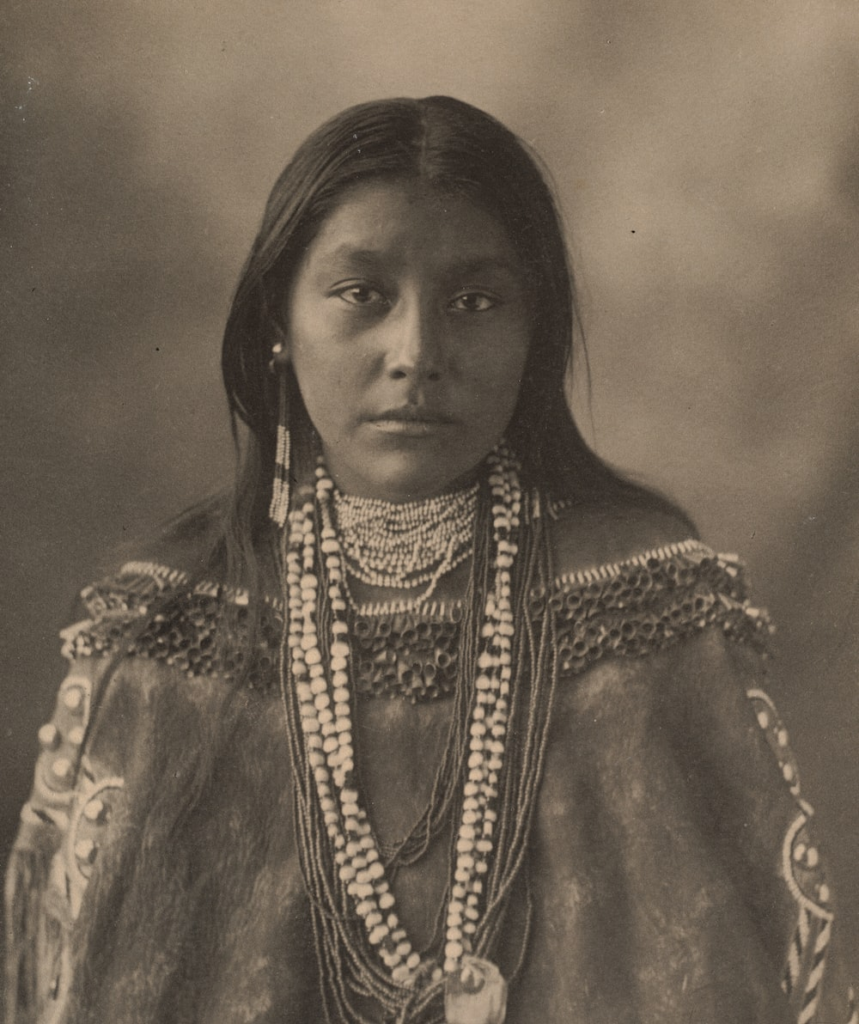
Whether you have Native American ancestry or not, chances are that you’ve already heard the Cherokee Princess myth. Many families may claim that they’re descended from a Cherokee princess—but they’re sadly mistaken.
Even if there’s no doubt about an ancestor being a full-blood Cherokee, there is absolutely no chance of them being a princess. This has to do with the simple fact that there was no Cherokee royalty.
Here’s what you need to remember about Cherokee princesses as you continue your family research.
The Term Princess Could Mean the Chief’s Daughter

Cherokee villages were headed by chiefs, but these were elected leaders, not kings. However, it’s quite possible that people borrowed these ideas of royalty from Europe and began thinking of the chief’s daughters as princesses. It’s a matter of poor translation, though, because a chief’s daughter was like a governor’s daughter. They could be important in society and may have enjoyed perks, but they were definitely no princesses in line to inherit any thrones.
So, if there is a “Cherokee princess” in your ancestors that was a chief’s daughter, it’s a better idea to call yourself a Cherokee chief’s descendant instead.
A Princess Could’ve Been A Peace Chief Or A Beloved Woman
Again, both of these weren’t hereditary positions. A Cherokee peace chief had to be elected by popular vote. On the other hand, the Beloved Woman was honored by the council (for their courage in war).
That being said, female peace chiefs and Beloved Women were exceptional individuals who often had much bigger roles than traditional princesses. If you really want to impress people with your genealogy research, learn about these ancestors in your family and all they accomplished.
Maybe Your Ancestor Was Referred to As A Princess Out of Love
Has your father ever referred to you or your mom as his princesses? Well, it’s a pretty common term of endearment. And it turns out the term was popular even a few centuries ago.
It’s quite possible that your great-grandfather just liked to call your great-grandmother his Cherokee princess. So, while your great-grandfather may have called her that, and it is a rather sweet family story, it doesn’t necessarily mean you have royal ancestry.
Also, while we’re discussing Native American ancestry, here’s some advice we share with all our clients. Even if you do come across the Cherokee princess story in your family research, start by assuming that your indigenous ancestry doesn’t necessarily have anything to do with the Cherokee nation—it could be any other tribe. This way, you’ll cast a wider net and get better results.
If you need more help with research or have confusion, let us know. We offer both genetic genealogy service and traditional genealogy services at DavisDNA And Family Research; we offer traditional and legal genealogy services and can help sort out all your family research challenges.
